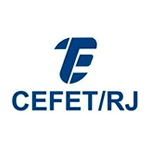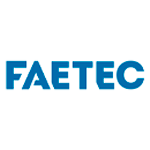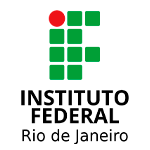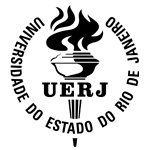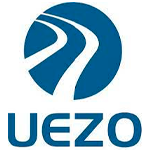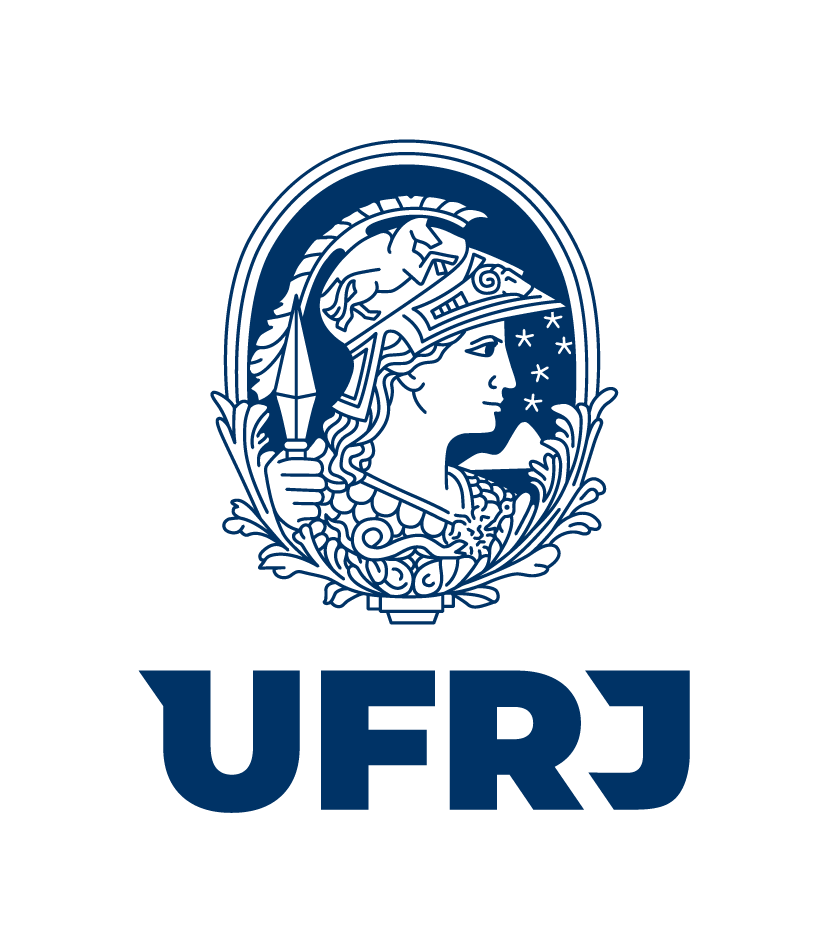Modelos Pedagógicos para Educação a Distância: uma Revisão Sistemática
DOI:
https://doi.org/10.18264/eadf.v11i1.1581Resumo
O presente artigo procurou respostas às seguintes indagações: quais modelos pedagógicos para EaD aparecem nos estudos científicos e qual base epistemológica lhes é subjacente? Por meio de buscas realizadas no Portal de Periódicos CAPES e no Banco Digital de Teses e Dissertações, observando a recomendação PRISMA, foram selecionados quatro textos científicos nas bases pesquisadas. Os estudos indicaram que os modelos pedagógicos para EaD convergem para estratégia metodológica que privilegia a centralidade das ações pedagógicas no discente, interação assíncrona no AVA, dialogicidade e integração teoria/prática em situações de aprendizagem. A base epistemológica subjacente aos modelos repousa na premissa que o conhecimento é fruto das interações que acontecem no AVA (socioconstrutivismo). As conclusões encontradas não são exaustivas por limitações no número das bases consultadas. Sugerem-se pesquisas futuras contemplando outras bases de dados e o lapso temporal do período pandêmico da COVID-19.
Palavras-chave: Modelo pedagógico para EaD. Educação a distância. Recomendação PRISMA.
Downloads
Referências
BEHAR, P. A. Modelos pedagógicos em educação a distância. In: BEHAR, P. A. (Ed.). Modelos Pedagógicos em Educação a Distância. Porto Alegre: Artmed, 2009. cap. 1, p. 15-32.
CARAPETO, C.; BARROS, D. M. V. Nutrition and health as virtual class at Open University (Portugal): pedagogical strategies for higher education. International Journal of Educational Technology in Higher Education, v. 16, n. 1, p. 1--13, 2019.
CASTELLS, M. Sociedade em rede: a era da informação: economia, sociedade e cultura. São Paulo: Paz e Terra, 2010.
COSTA, A. B.; ZOLTOWSKI, A. P. C. Como escrever um artigo de revisão sistemática. In: KLOLLER, S. H.; COUTO, M. C. P. D. P., et al. (Ed.). Manual de Produção Científica. Porto Alegre: Penso, 2014. cap. 3, p. 55-70.
FLORIDI, L. The Onlife Manifesto. Being human in a hyperconnected era. London: Springer International Publishing, 2015. 978-3-319-04093-6. DOI 10.1007/978-3-319-04093-6. Edição do Kindle.
GALVíO, T. F.; PANSANI, T. d. S. A.; HARRAD, D. Principais itens para relatar Revisões sistemáticas e Meta-análises: A recomendação PRISMA. Epidemiologia e Serviços de Saúde, 24, n. 2, p. 335-342, 2015.
KORHONEN, A. M.; RUHALAHTI, S.; VEERMANS, M. The online learning process and scaffolding in student teachers"™ personal learning environments. Education and Information Technologies, 24, n. 1, p. 755--779, 2019.
LÉVY, P. A inteligência coletiva: por uma antropologia do ciberespaço. 4. ed. São Paulo: Loyola, 2003.
MASIE, E. The blended learning imperative. In: GRAHAM, C. J. B. a. C. R. (Ed.). The Handbook of Blended Learning: Global Perspectives, Local Designs. San Francisco, CA: Pfeiffer Publishing, 2006. p. 22-26.
MAYES, T.; FREITAS, S. d. Review of e-learning theories, frameworks and models. London: Joint Information Systems Committee, 2004.
MORAN, J. Educação híbrida: um conceito-chave para a educação hoje. In: Bacich, L.; Neto, A. T., et al. (Ed.). Ensino híbrido: personalização e tecnologia na educação. Porto Alegre: Penso, 2015. p. 27-45.
RAMOS, A.; FARIA, P. M.; FARIA, í. Revisão sistemática de literatura: contributo para a inovação na investigação em Ciências da Educação. Revista Diálogo Educacional, 14, n. 41, 2014.
RIBEIRO, A. C. R. MP-SocioAVA: modelo pedagógico com foco nas interações sociais em um ambiente virtual de aprendizagem. 2019. 254 f. Tese (Doutorado) - Faculdade de Educação, Universidade Federal do Rio Grande do Sul, Porto Alegre, 2019. Disponível em: http://hdl.handle.net/10183/201307.
SILVA, A. M. d. Apropriações sociais e formativas das tecnologias digitais por adolescentes e suas relações com o ensino e aprendizagem na escola. 2016. 215 f. Tese (Doutorado) - Faculdade de Ciências e Tecnologia, Universidade Estadual Paulista "Júlio Mesquita Filho", Presidente Prudente, 2016. Disponível em: http://hdl.handle.net/11449/143439.
TRACTENBERG, L. E. F. Colaboração docente e ensino colaborativo na educação superior em ciências, matemática e saúde - contexto, fundamentos e revisão sistemática. 2011. 320 f. Tese (Doutorado Educação em Ciências e Saúde) - Centro de Ciências da Saúde, Universidade Federal do Rio de Janeiro, Rio de Janeiro, 2011.
VENDRUSCOLO, M. I.; BEHAR, P. A. Investigando modelos pedagógicos para educação a distância: desafios e aspectos emergentes. Revista Educação. Porto Alegre: Pós-Graduação em Educação da PUCRS. v. 39, p. 302-311, 2016.
ZANETTI, H.; BORGES, M.; RICARTE, I. Pensamento Computacional no Ensino de Programação: Uma Revisão Sistemática da Literatura Brasileira. Anais do XXVII Simpósio Brasileiro de Informática na Educação (SBIE 2016), 2016, DOI: 10.5753/cbie.sbie.2016.21.
Downloads
Publicado
Como Citar
Edição
Seção
Licença
Copyright (c) 2021 EaD em Foco

Este trabalho está licenciado sob uma licença Creative Commons Attribution 4.0 International License.
Todos os artigos publicados na Revista EaD em Foco recebem a licença Creative Commons - Atribuição 4.0 Internacional (CC BY 4.0). Todas as publicações subsequentes, completas ou parciais, deverão ser feitas com o reconhecimento, nas citações, da Revista EaD em Foco como a editora original do artigo.


